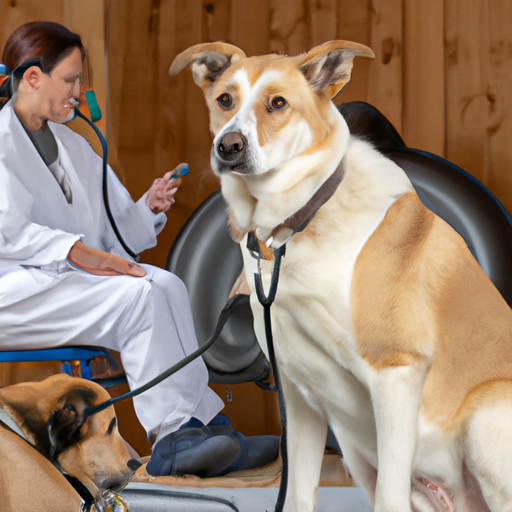H2: The Importance of Neutering Your Pet
Firstly, you might be wondering, why should we neuter our dogs? Well, neutering, or spaying for females, is a crucial part of responsible pet ownership. It prevents overpopulation and reduces the number of homeless dogs. Moreover, it can also help in curbing behavioral problems and promoting your pet’s health.
-
Population Control: There are millions of homeless dogs in shelters waiting for a home. By neutering your pet, you are helping to control the population, preventing the birth of unwanted puppies.
-
Behavioral Improvements: Neutered dogs are generally less aggressive, less likely to roam and less likely to mark territory.
-
Health Benefits: Neutering can prevent certain types of cancers and infections.
H2: Understanding the Procedure
You might be feeling a little anxious about the procedure, but it’s a common and safe operation.
-
Pre-Op: The veterinarian will first conduct a physical examination to ensure your dog is healthy enough for surgery. Your dog will be fasting overnight before the procedure to prevent vomiting under anesthesia.
-
During the Procedure: The vet will administer anesthesia, make a small incision, remove the testes, and then suture the incision.
-
Post-Op: Your dog will be monitored until they fully awake from anesthesia. Pain management will be provided, and you’ll be given instructions for home care.
H2: Post-Neutering Care
After the procedure, your role as a caregiver is crucial. Here are some tips:
- Keep your dog calm and quiet for a few days to let the incision heal.
- Monitor the incision site for any signs of infection.
- Follow the vet’s advice on feeding and medication.
| Do’s | Don’ts |
|---|---|
| Keep the dog calm | Do not let the dog run around |
| Monitor the incision | Do not ignore signs of infection |
| Follow vet’s advice | Do not overfeed or under-medicate |
H2: When to Neuter Your Dog
The best time to neuter your dog largely depends on their breed and size. Generally, dogs are neutered at around six months of age. However, it could be earlier for smaller breeds and later for larger ones. Always consult your vet for the best advice.
H2: Debunking Neutering Myths
There are many misconceptions about neutering, such as it making dogs fat or lazy. However, these are not caused by the procedure itself but by overfeeding and lack of exercise. Neutering doesn’t change your pet’s personality. It simply reduces their urge to reproduce.
FAQs
- Does neutering cause weight gain?
-
No, weight gain is usually due to overfeeding and lack of exercise.
-
Will my dog’s personality change after neutering?
-
No, neutering does not change a dog’s personality.
-
Is neutering a painful procedure?
-
Your dog will be under anesthesia during the operation and will not feel pain. Post-operative pain will be managed with medication.
-
Can my dog be neutered at any age?
-
While it’s usually done at around six months, dogs can be safely neutered at most ages. Consult with your vet.
-
What are the risks involved in neutering?
- As with any surgery, there are risks, but complications are rare. Your vet can discuss these with you in detail.



